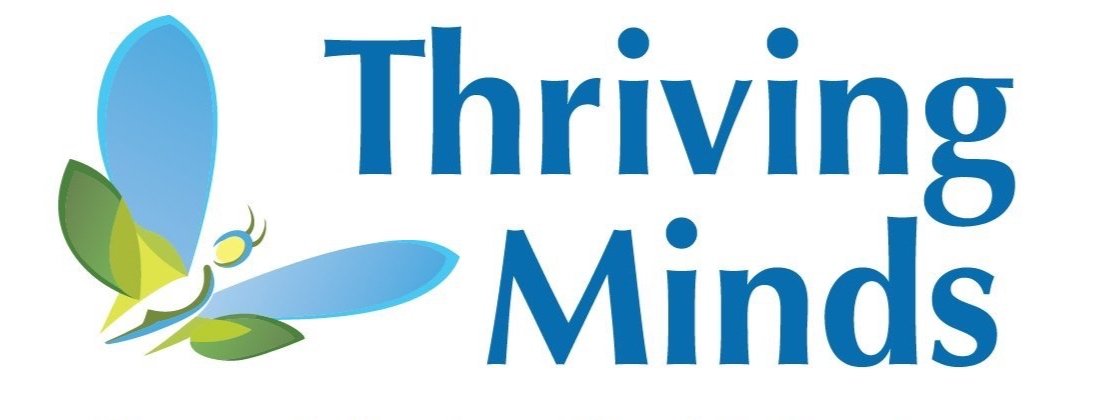Strategies for a Successful Transition Back to School for Teens with ADHD
As the summer draws to a close, the excitement and anticipation of a new school year can be palpable. However, for teenagers with Attention-Deficit/Hyperactivity Disorder (ADHD), this transition can be particularly daunting. As a parent or caregiver, you play a pivotal role in helping your teen with ADHD make a smooth and successful transition back to school. In this article, we'll explore effective strategies to support your teen's transition back to school.
1. Establish Predictable Routines
Consistency is key when it comes to managing ADHD. Establishing a consistent daily routine can help your teen feel more in control and reduce anxiety about the upcoming school year. Before school starts, work together to create a schedule that outlines wake-up times, meal times, study periods, and leisure activities. Make transitions easier by providing cues, such as using alarms or visual timers, to help your teen smoothly shift from one activity to another. Having a structured routine can provide a sense of stability and reduce the overwhelm often experienced by teens with ADHD.
2. Organizational Strategies
Teens with ADHD often struggle with organization, leading to misplaced assignments, forgotten materials, and increased stress. Help your teen set up an organizational system that works for them. This might include color-coded folders, planners, phone-reminders, or online organizers to track assignments. Work backwards from a due date on big projects, planning what smaller tasks need to be done. Regularly check in on their organizational system together to ensure its success, and problem solve as needed.
3. Effective Study Techniques
Studying can be a challenge for teens with ADHD due to difficulties in maintaining focus and managing time. Encourage your teen to use study techniques tailored to their learning style. Vary the way they can learn information, such as watching videos on course content, listening to audiobooks, or discussing information with their teacher or peers after school in addition to textbook learning. Use active learning techniques, such as taking quizzes and tests to assess for understanding or creating flashcards more than reading/re-reading and highlighting. Teach them to study for short bursts (e.g., 25 minutes) followed by a brief break (e.g., 5-10 minutes) using a timer to ensure they don’t lose track of time. This method can help maintain focus and prevent burnout.
4. Open Communication with Teachers
Building a strong line of communication with your teen's teachers is crucial. Inform them about your teen's ADHD and discuss any accommodations that might be necessary. Many schools have support services in place for students with ADHD, such as extended test-taking time or preferential seating. Regularly check in with teachers to assess your teen's progress and address any challenges that may arise.
5. Encourage Healthy Lifestyle Choices
A balanced lifestyle significantly impacts a teen's ability to manage ADHD symptoms. Promote regular physical activity, including but not limited to stretching, going on a walk or run, as exercise has been shown to improve focus and concentration. Prioritize sufficient sleep, as sleep deficits can exacerbate ADHD symptoms. Addressing sleep hygiene, including setting a limit on screen time before bed, can help decrease sleep challenges.
Conclusion
Supporting a teen with ADHD during the back-to-school transition requires patience, understanding, and a proactive approach. By establishing routines, helping them with organizational strategies, promoting effective study techniques, fostering open communication with teachers, and encouraging a healthy lifestyle, you can empower your teen to navigate the new school year successfully. Remember that each teen is unique, so tailor these strategies to your child's specific needs. With your guidance and support, your teen can thrive academically and personally, achieving their full potential.
Additional videos, articles, and webinars about ADHD and more can be found on our website under parent resources.

